T4K3.news
Heat guidance update
Government warns fans are not a cure above 35C and urges shade and hydration during heatwaves.
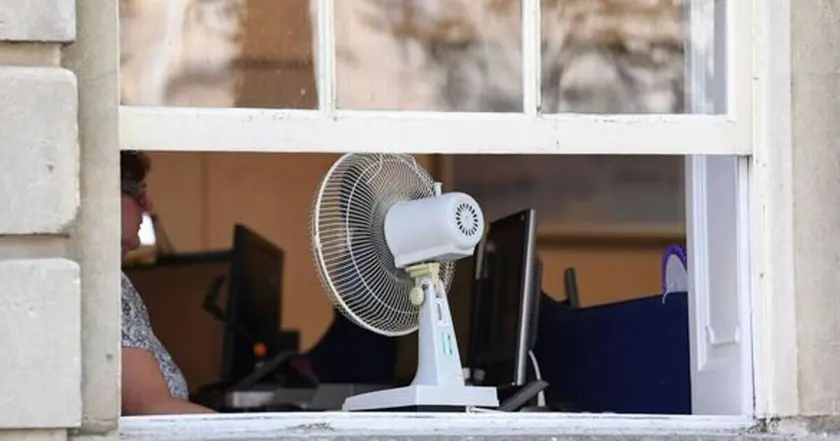
The government cautions that fans may be ineffective in extreme heat, urging shading, hydration, and ventilation instead.
Warning not to use electric fans during 35C heatwaves
Temperatures are rising with the Met Office forecasting 31C on Friday after a 33C day in parts of Britain, marking the fourth heatwave this summer. The government warns that electric fans lose cooling power once the air temperature passes 35C and could do more harm if misused. UK homes are often not built to stay cool, with thick brickwork, heavy glazing and limited air conditioning in many houses.
Officials say shade windows, boost airflow, hydrate, and take cold showers to stay safe. Fans simply move air and do not lower room temperature in extreme heat, the guidance notes. The advice fits a longer trend: climate change is pushing summers hotter, so communities will need better cooling and housing strategies.
Key Takeaways
"Use electric fans if the air temperature is below 35C, but do not aim the fan directly at your body as this can lead to dehydration."
Government heatwave guidance on safe use of fans.
"Climate change is already causing warmer temperatures in the UK."
Official acknowledgement of long-term trend in summers.
"All of the warmest years on record in the UK have occurred since 2002, and in July 2022 temperatures exceeded 40C for the first time on record."
Historical heat data cited in the context of rising extremes.
"It is estimated that 2,803 people aged 65 years and over died due to the heat in England in 2022."
Public health impact statistic used in the discussion of heat risk.
Policy note: The advice shifts responsibility from gadgets to housing and public health planning. It hints at a bigger project: making homes cooler and protecting vulnerable people. Without widespread air conditioning, the country may need to rethink building standards and cooling infrastructure.
Equity and budget are at stake. Renters and residents in older, poorly insulated homes are likely to bear the heaviest burden while wealthier households weather the heat more easily. The piece suggests a path forward that requires funding for housing upgrades, public heat warnings, and targeted support for at risk groups.
Highlights
- Heat health is a housing issue
- Shade and hydration beat gadgets when temperatures spike
- Our homes must stay cool to protect the vulnerable
- Climate change is reshaping summers in the UK
Public health and policy implications of extreme heat guidance
The guidance situates cooling in a housing and social policy frame, which may spark debate over budgets, housing standards, and equity in protection.
The heat era presses on and policy must move faster.
Enjoyed this? Let your friends know!
Related News
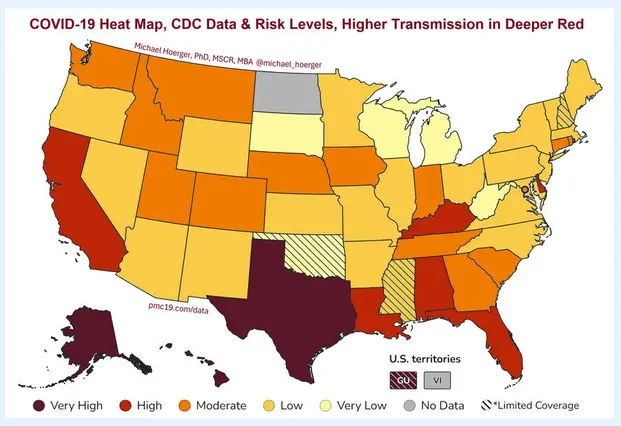
Covidwave update prompts health guidance
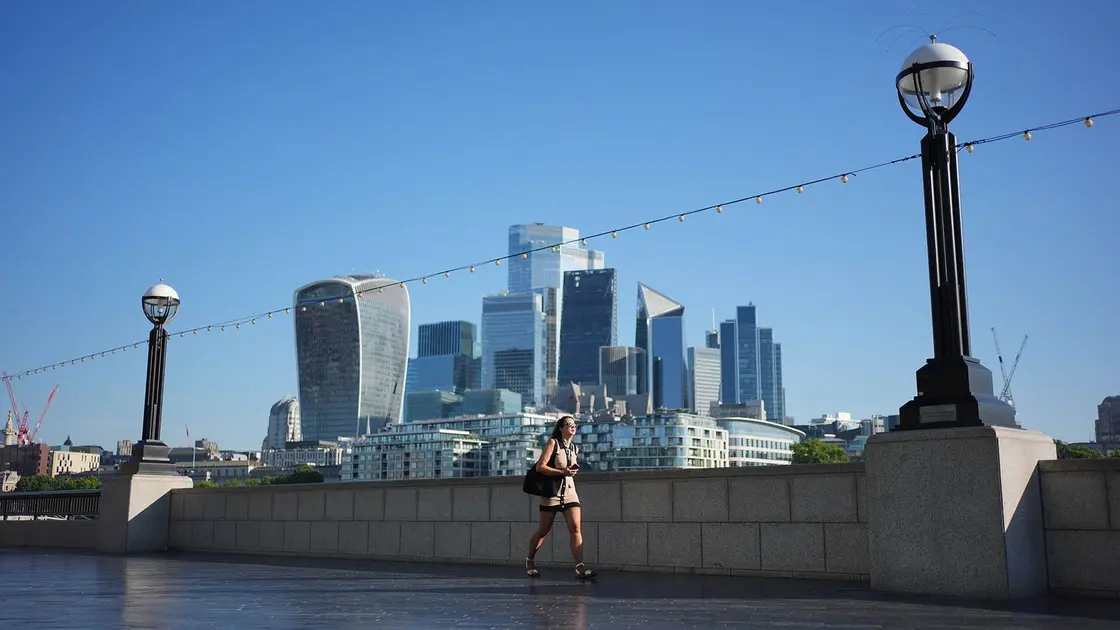
UK heat alert update
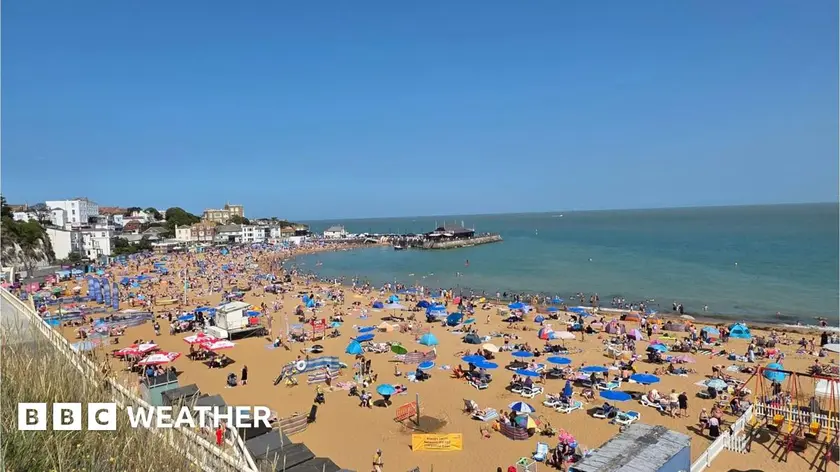
Heat alert updates

Greece braces for extreme heat and high fire risk
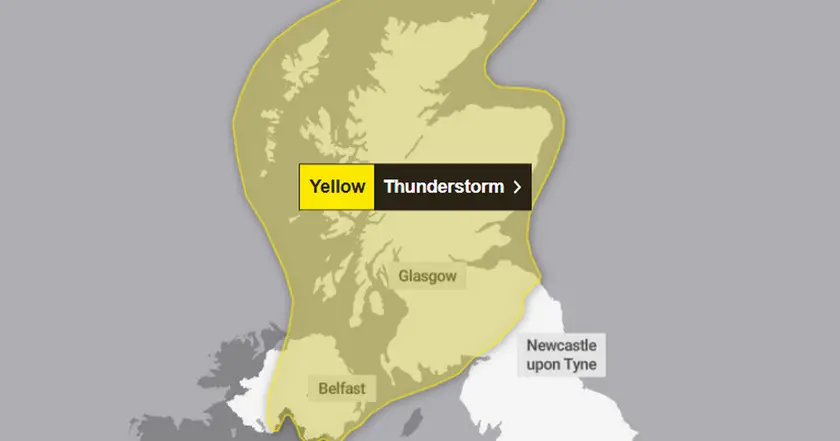
Scotland faces two days of thunderstorms

Bella Mackie's challenges in quitting antidepressants

Asics Gel-Kayano 31 now available for $40 off

Amber heat alert hits large parts of England
